
CE, RoHS, and FCC Certification Requirements for Ultrasonic Pest Repellers
Overview of Home Pest Repeller Product Categories for B2B Buyers
How Does an Ultrasonic Animal Repellent Work? A B2B Technical Overview
Factory vs Trading Company: How to Choose a Reliable Pest Repeller Supplier in China
Date: 05,01,2022
Author: Ray
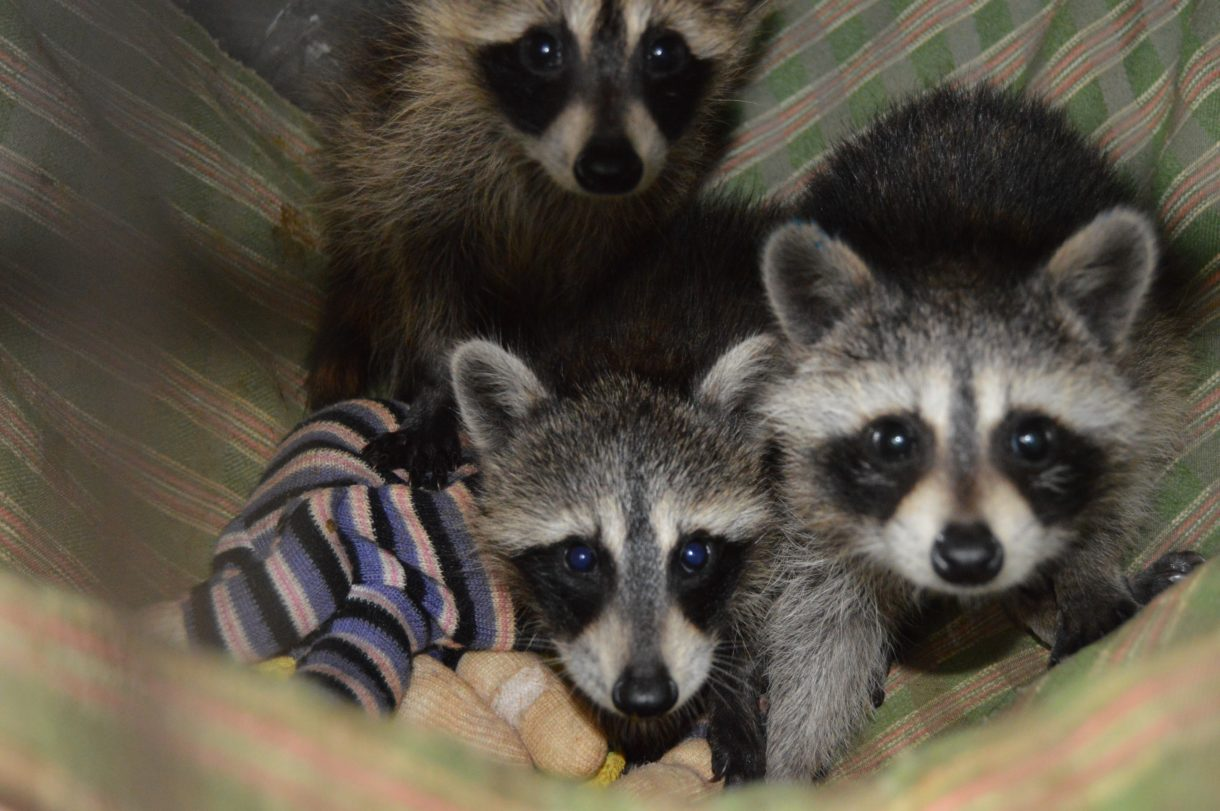
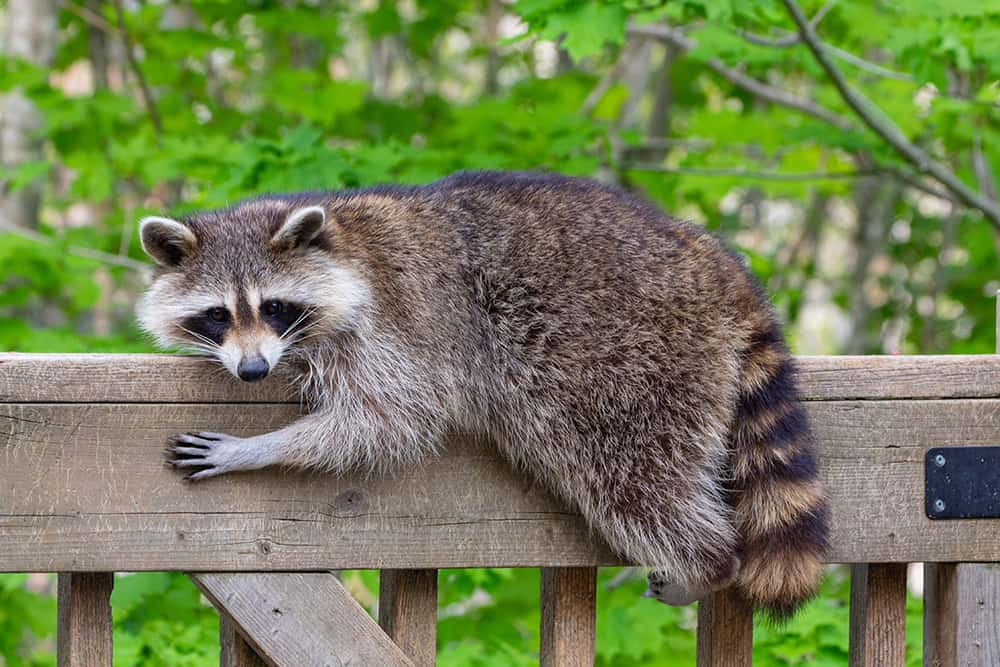
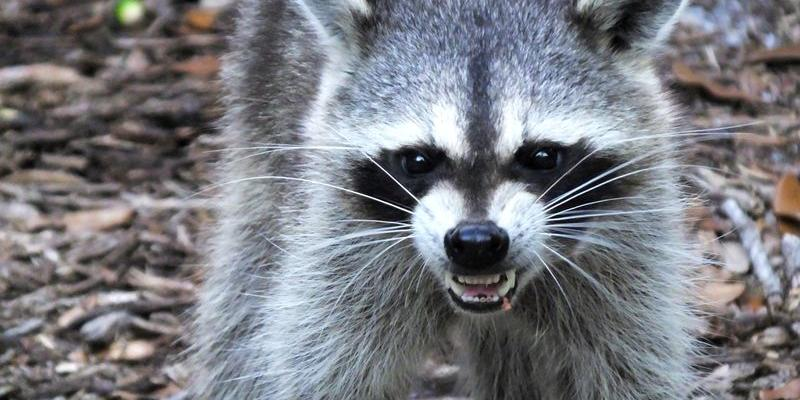


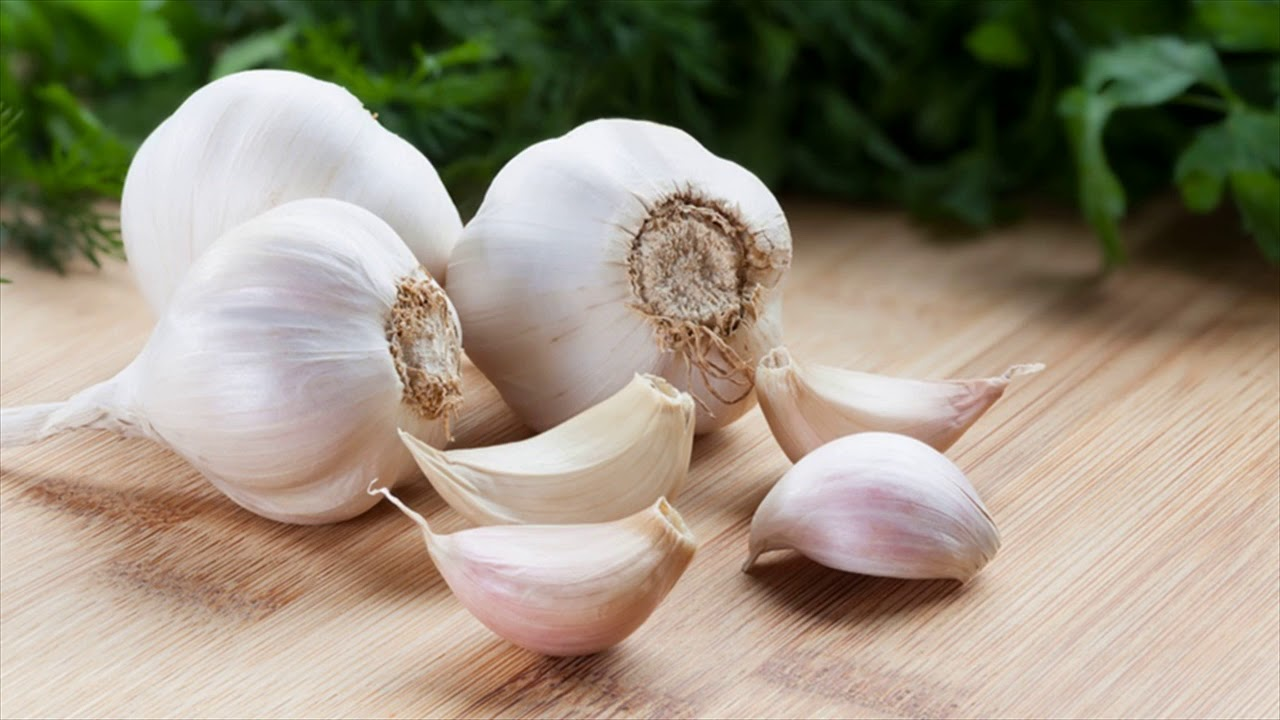

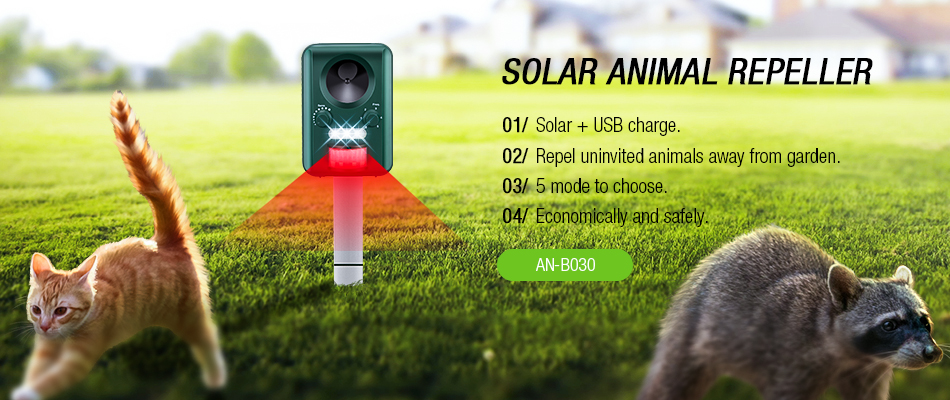
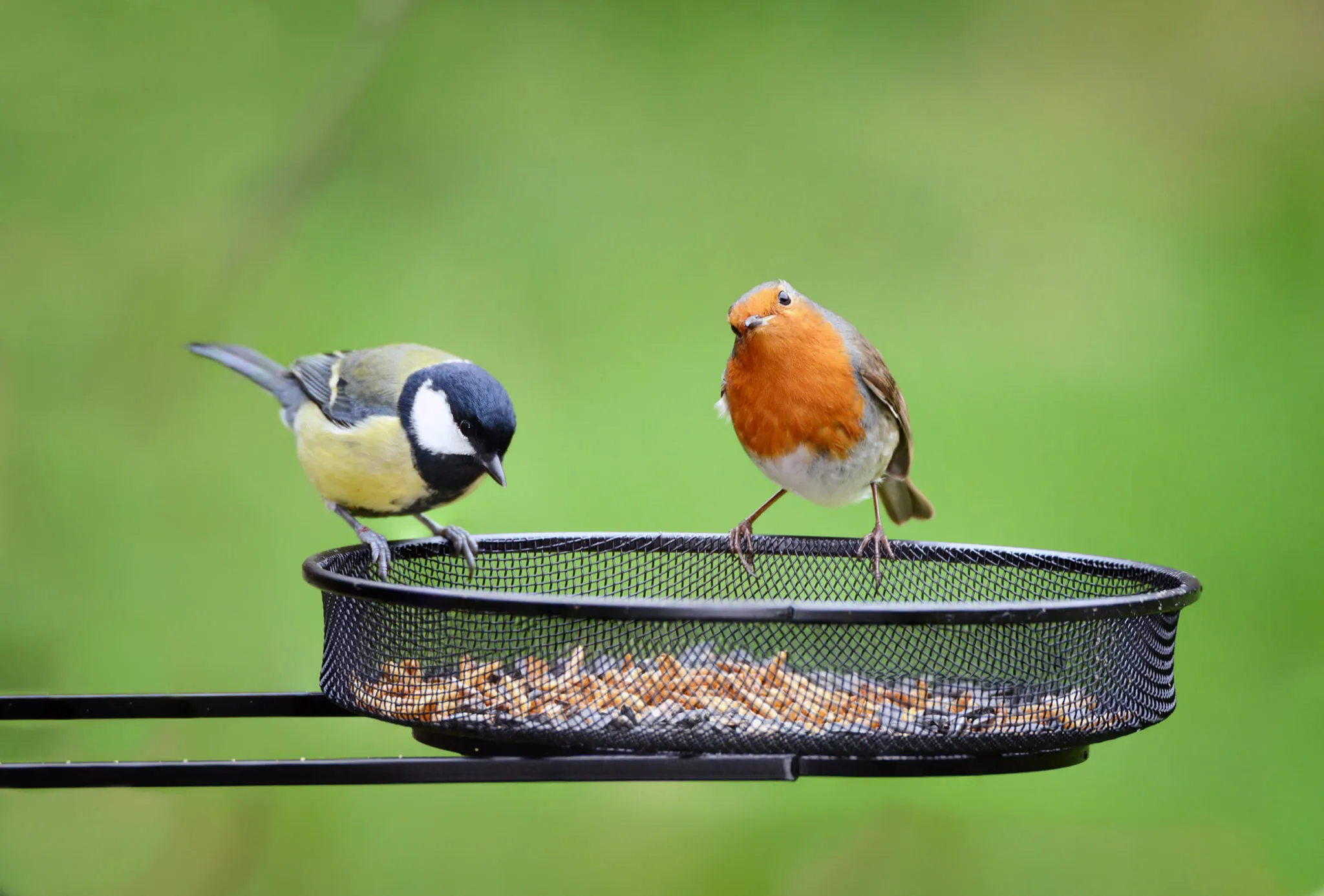
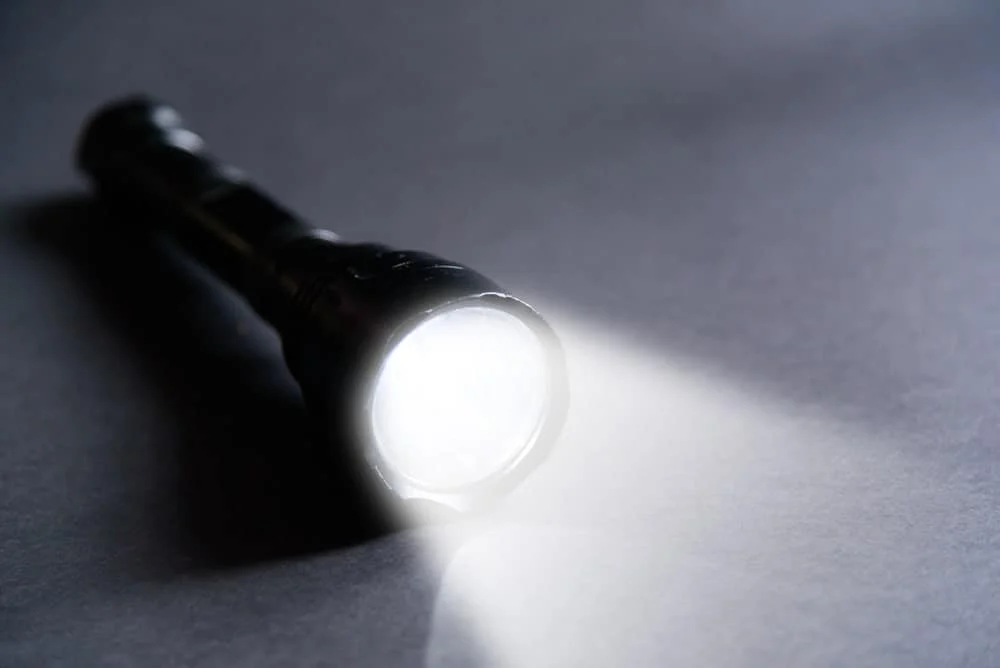
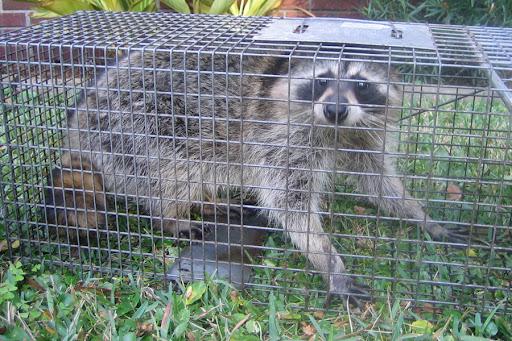
Subscribe to our newsletter to be kept abreast of our latest news, events and great deals.